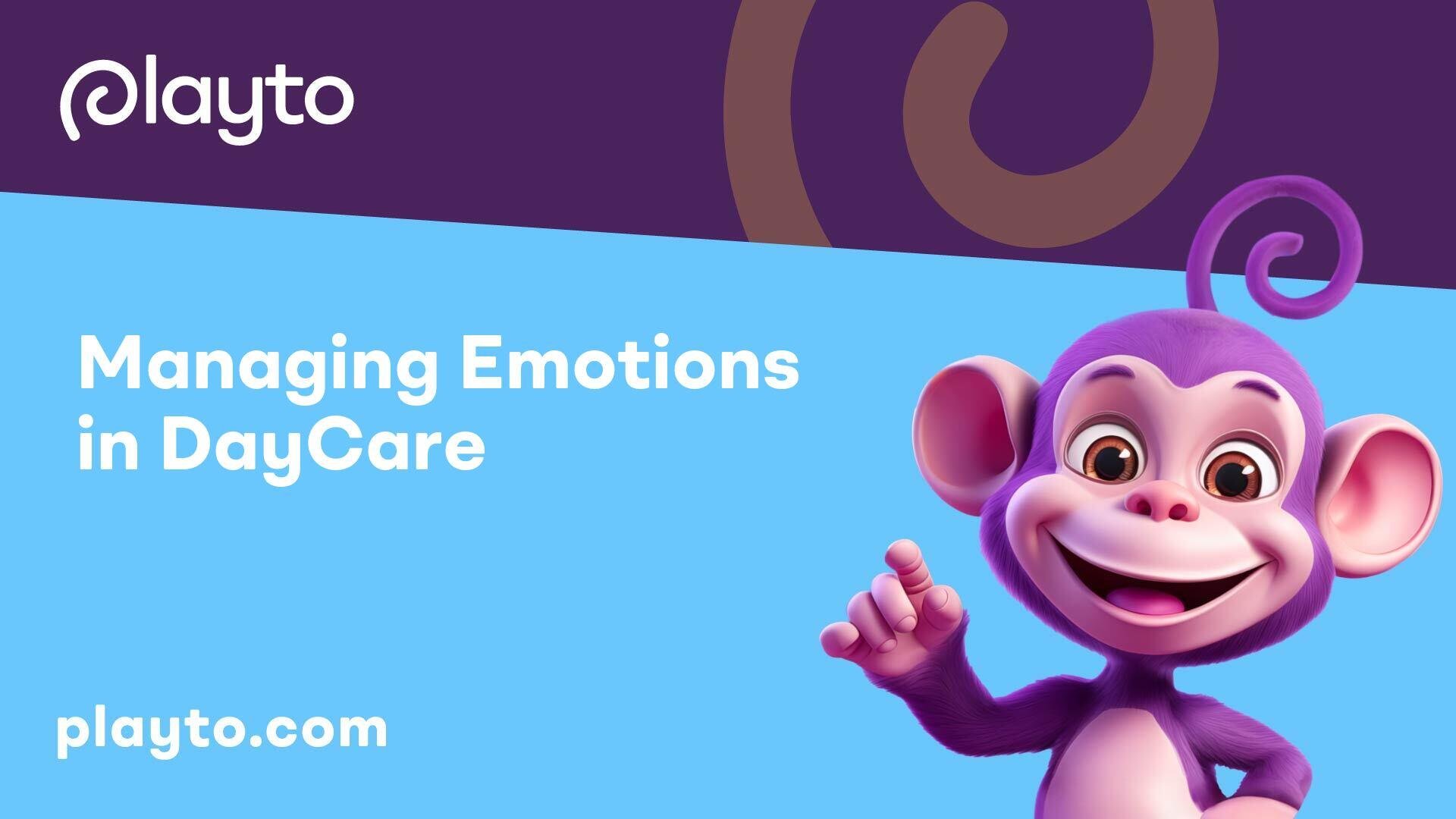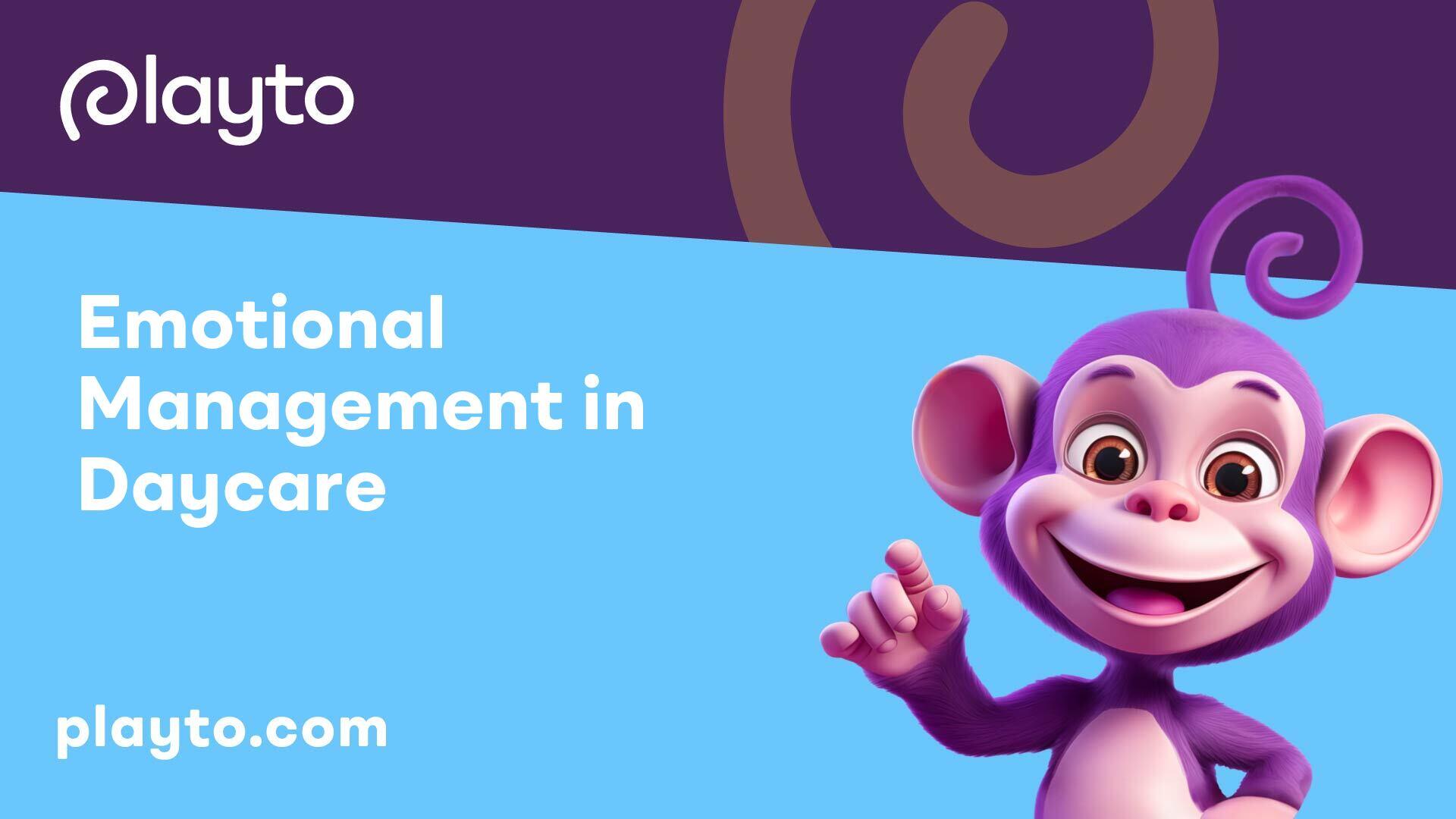
Emotional Management in Daycare
When it comes to managing emotions in daycare, childcare centers play a critical role in providing a supportive and nurturing environment for children. These centers serve as safe havens where children can explore their emotions, build social connections, and develop essential emotional skills.
The Role of Childcare Centers
Childcare centers, such as Kare-A-Lot Preschool, are designed to create a supportive and nurturing environment that helps children feel safe, secure, and happy. By offering structured programs and experienced caregivers, these centers aim to foster emotional well-being and positive mental health in children. Through wellness education integrated into their curriculums, children are empowered to make healthy choices and understand the importance of taking care of their bodies.
To ensure emotional security and well-being, childcare centers focus on establishing consistent routines and clear rules. According to Big Blue Marble Academy, these practices are crucial in creating a secure environment that provides stability, reduces anxiety, and promotes a feeling of safety among children. By following established routines, children can develop a sense of predictability and security, allowing them to better regulate their emotions.
Nurturing Emotional Well-being
In addition to providing a structured environment, childcare centers prioritize nurturing relationships between caregivers and children. Building strong connections and bonds with children is pivotal in enhancing emotional stability and trust. These relationships significantly contribute to a child's emotional development and self-esteem, laying the foundation for healthy social interactions and emotional growth.
By fostering emotional security and well-being in childcare centers, children can develop the necessary skills to understand and manage their emotions effectively. Through supportive and nurturing environments, children can navigate the ups and downs of their emotions with guidance from trained caregivers. This nurturing approach not only benefits the emotional health of children but also sets a positive foundation for their overall well-being.
Emotional management in daycare is a collaborative effort between caregivers, educators, and parents. By working together to create a nurturing and supportive environment, childcare centers play a vital role in helping children build emotional resilience, develop healthy coping mechanisms, and thrive in their emotional development.

Nutrition in Daycare Centers
When it comes to nutrition in daycare centers, ensuring that children receive well-balanced meals that meet their dietary needs is essential for their overall health and development. Daycare centers often adhere to government guidelines, such as those provided by the Child and Adult Care Food Program (CACFP), to ensure that children are provided with nutritious meals that support their growth and well-being.
Government Guidelines
Government programs like CACFP play a crucial role in setting nutritional standards for daycare centers. These guidelines help daycare providers plan meals that supply the right balance of nutrients essential for children's growth and development. By following these guidelines, daycare centers can promote healthy eating habits and ensure that children receive the necessary nutrients to thrive.
Special Dietary Needs
Childcare centers recognize the importance of accommodating children with special dietary needs, such as food allergies or intolerances. Policies are put in place to ensure the safety of children with special dietary requirements while providing them with meals that meet their nutritional needs [1]. By addressing special dietary needs, daycare centers create a safe and inclusive environment where all children can enjoy meals without compromising their health.
Incorporating nutritious meals tailored to meet the dietary needs of each child not only supports their physical health but also promotes positive eating habits from an early age. By focusing on nutrition in daycare settings, providers can contribute to the overall well-being and development of children under their care. Through proper nutrition, daycare centers play a significant role in shaping the health and dietary habits of children, setting a foundation for lifelong wellness.
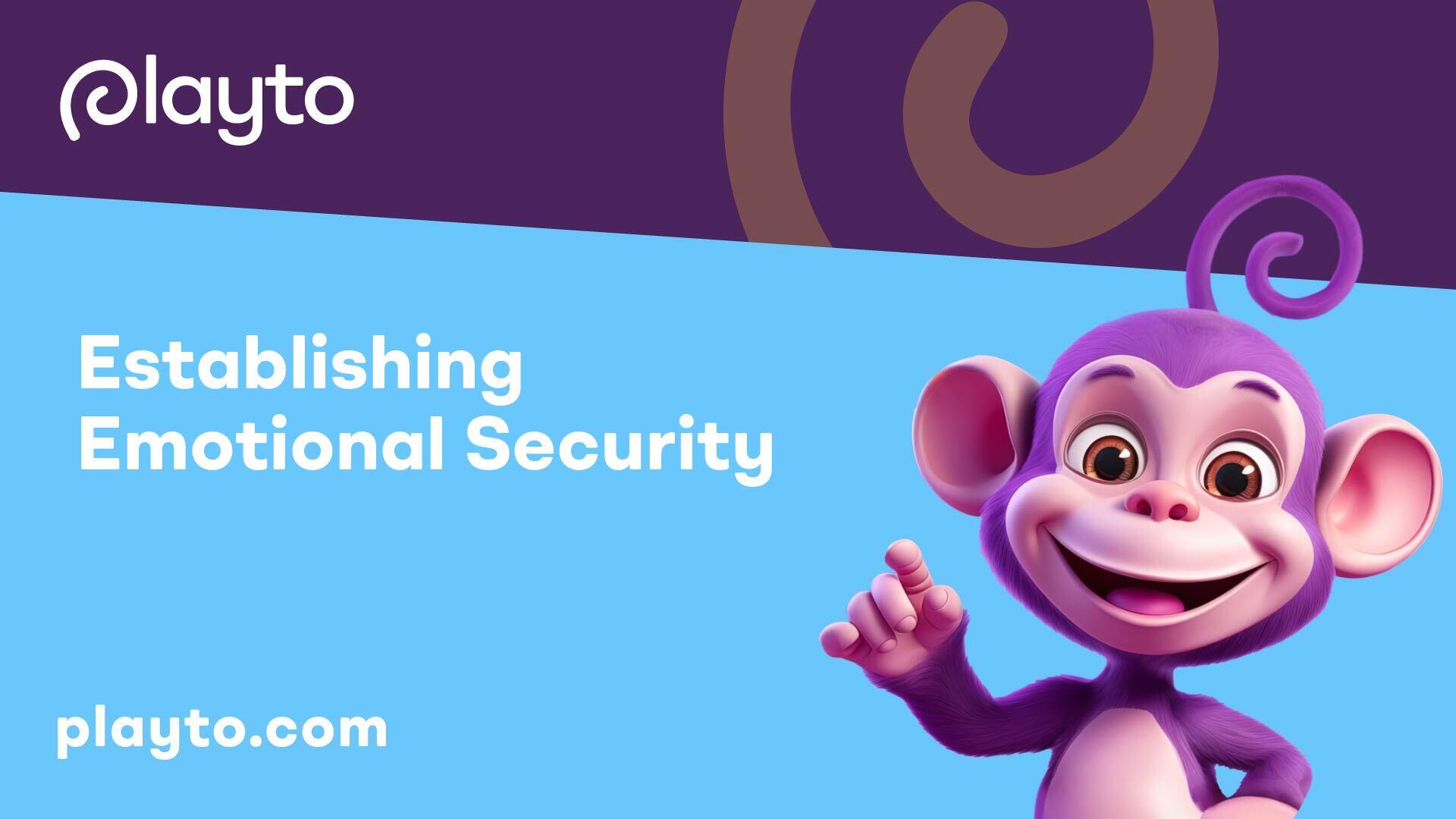
Establishing Emotional Security
Creating a nurturing environment that fosters emotional security is paramount when it comes to managing emotions in daycare. This section will delve into two fundamental aspects of establishing emotional security in daycare: consistent routines and nurturing relationships.
Consistent Routines
According to Big Blue Marble Academy, establishing consistent routines and clear rules is fundamental in creating a secure environment for children. Consistency provides stability, reduces anxiety, and promotes a feeling of safety among children. When children know what to expect and can anticipate the sequence of activities throughout the day, they feel more secure and are better able to regulate their emotions.
Having a structured routine that includes designated times for activities like meals, naps, playtime, and learning experiences helps children feel grounded and secure. Consistent routines also promote a sense of predictability, which is particularly comforting for young children who thrive on stability.
By incorporating predictable routines into the daily schedule, daycare providers can help children develop a sense of security and confidence, enabling them to navigate their emotions more effectively. For more information on emotional growth in daycare, visit our article on emotional growth in daycare.
Nurturing Relationships
Nurturing relationships between caregivers and children play a pivotal role in enhancing emotional stability and trust in a daycare setting. As highlighted by Big Blue Marble Academy, these relationships significantly contribute to a child's emotional development and self-esteem.
A trusting and caring relationship between caregivers and children fosters a sense of security and belonging. Children who feel valued, respected, and loved by their caregivers are more likely to express their emotions and seek support when needed. This bond of trust lays the foundation for healthy emotional development and positive self-image.
Research from the National Association for the Education of Young Children (NAEYC) underscores the importance of warmth, affection, and supportive interactions in daycare settings. Caregivers who demonstrate empathy, provide comfort, and celebrate children's achievements create an environment where emotional security can thrive.
Encouraging strong relationships between caregivers and children not only nurtures emotional well-being but also promotes social skills, empathy, and resilience in young individuals. For more insights on building relationships and encouraging emotional development in childcare settings, refer to our article on preschool prep in daycare.
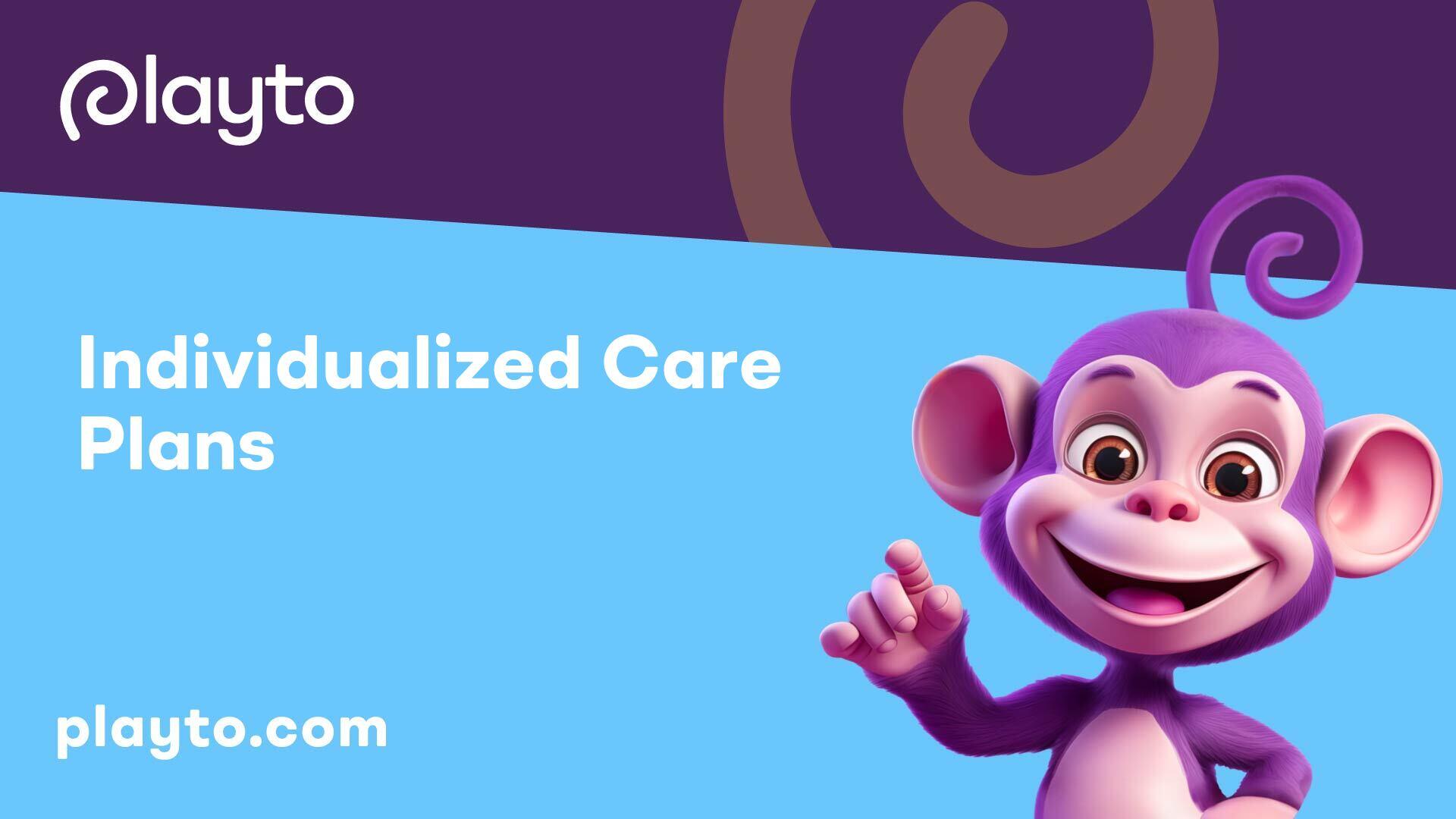
Individualized Care Plans
Ensuring the emotional well-being of children in daycare settings involves the implementation of individualized care plans. By tailoring support to meet the specific needs of each child, daycare centers can effectively promote emotional development and create a nurturing environment.
Tailored Support
According to Big Blue Marble Academy, implementing individualized care plans in childcare settings is crucial for nurturing a child's unique emotional and developmental needs. These plans are designed to provide tailored support that addresses the individual strengths, challenges, and preferences of each child. By customizing care and interventions, daycare centers can better meet the emotional needs of children and support their overall well-being.
Emotional Development
Individualized care plans play a significant role in fostering emotional development in children. By acknowledging and addressing each child's emotional growth trajectory, caregivers can create targeted strategies for enhancing emotional intelligence, resilience, and self-regulation. These plans may include specific activities, interventions, and approaches tailored to the child's emotional needs, helping them build critical emotional skills.
Moreover, personalized care plans enable caregivers to identify and respond to signs of emotional distress or developmental challenges promptly. By closely monitoring each child's emotional well-being and progress, daycare providers can intervene early and implement strategies to support healthy emotional development.
By developing and implementing individualized care plans, daycare centers demonstrate their commitment to meeting the diverse emotional needs of children in their care. Through tailored support and a focus on emotional development, caregivers can create a nurturing and enriching environment that promotes the well-being and emotional growth of every child.
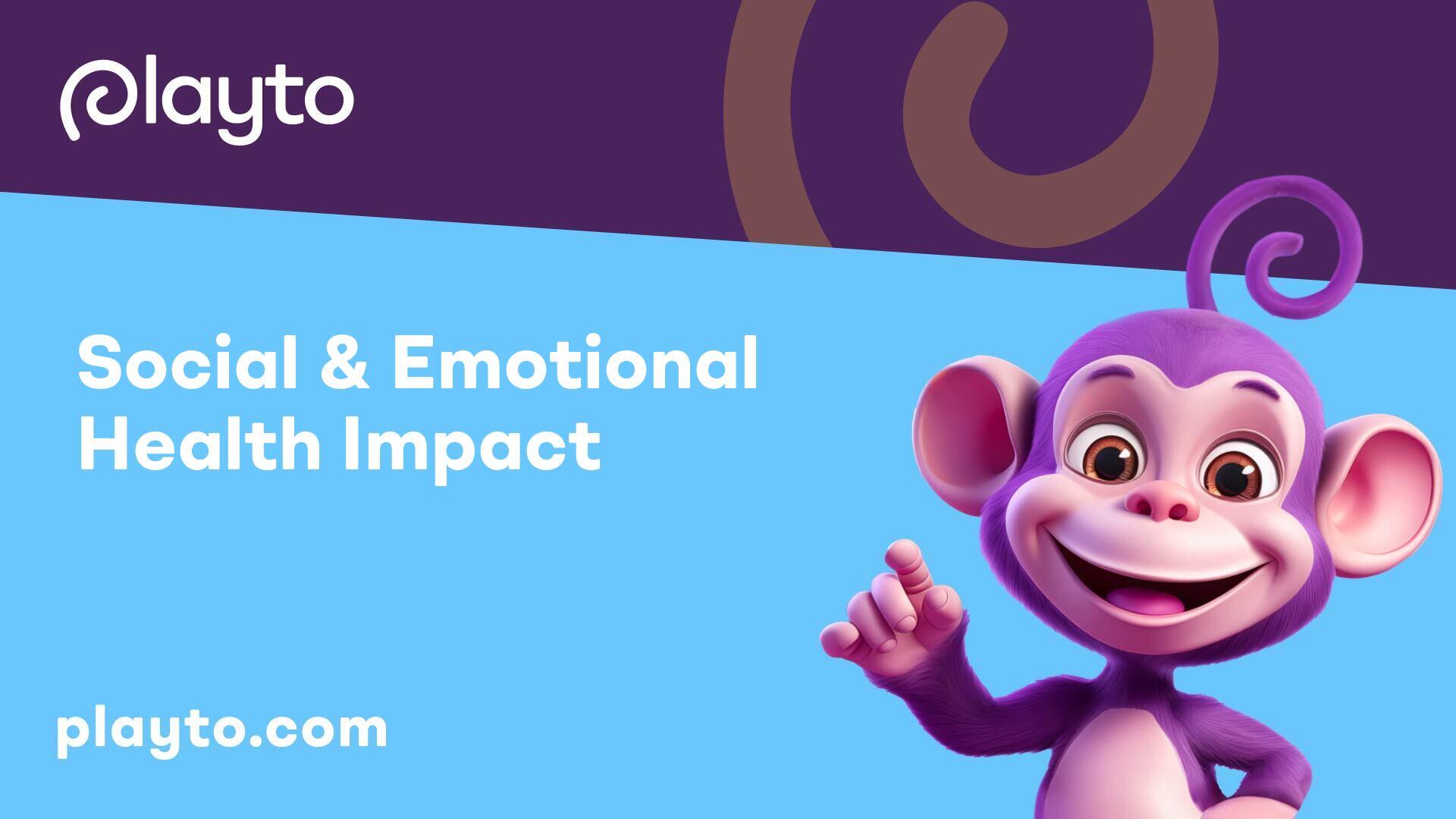
Social & Emotional Health Impact
Understanding the impact of social and emotional health on children in daycare settings is crucial for their overall well-being and development. It plays a significant role in shaping their learning experiences and interactions with peers and caregivers. Let's delve into the positive effects and challenges faced in managing emotions in daycare.
Positive Effects
Children's social and emotional health is closely linked to their overall development and learning. Mentally healthy children tend to display a range of positive outcomes, including increased happiness, higher motivation to learn, positive attitudes toward school, active participation in class activities, and improved academic performance compared to their peers who may experience emotional challenges.
Supporting social-emotional development from an early age establishes a sturdy foundation for children, equipping them with the necessary skills to manage their emotions, form meaningful relationships, adhere to boundaries, and engage positively in group settings. Studies have shown that children who receive support for social-emotional skills in early childhood programs exhibit enhanced student achievement compared to those without such support.
Challenges Faced
While the positive impact of social and emotional health is clear, daycare environments also encounter various challenges in effectively managing children's emotions. One of the primary challenges is addressing and supporting the diverse emotional needs of children. Each child brings a unique set of emotions and experiences to the daycare setting, requiring caregivers to be attentive and responsive to individual emotional cues.
Additionally, promoting social-emotional learning (SEL) in daycare can be challenging due to the varying needs and behaviors of children. It requires a tailored approach to help children understand and manage their emotions, cultivate empathy, build self-awareness, exercise self-control, make informed decisions, set goals, and foster positive self-esteem.
Ensuring a nurturing and supportive environment that encourages emotional resilience and healthy emotional expression is essential. By addressing the challenges faced in managing emotions in daycare, caregivers can create a conducive atmosphere for children to thrive emotionally and socially, laying the groundwork for their future success.
Social-Emotional Learning (SEL)
In the realm of daycare settings, managing emotions plays a vital role in the overall well-being and development of children. Social-Emotional Learning (SEL) is a key framework that emphasizes the acquisition of essential skills to navigate emotions and social interactions effectively. Let's explore the significance of building these skills and the implementation of the CASEL framework in daycare environments.
Building Essential Skills
Advocates of social and emotional learning in daycare believe that nurturing these skills in children can have a profound impact on their emotional growth and overall success. By incorporating SEL practices, children can learn to manage their emotions, handle stress effectively, communicate confidently, and develop resilience [4]. These skills are essential for fostering healthy relationships, both within the daycare setting and beyond.
Emotional resilience allows children to regulate their emotions during challenging situations and respond constructively to various social cues. By enhancing skills such as confidence, verbal communication, and perseverance, children are better equipped to navigate the complexities of social interactions and regulate their emotions in a positive manner.
CASEL Framework
The Collaborative for Academic, Social, and Emotional Learning (CASEL) has been a driving force in promoting the integration of social and emotional learning in educational settings, including daycares. Research has consistently shown that embracing the CASEL framework in classrooms leads to a myriad of positive outcomes for children [4].
The CASEL framework provides a structured approach to cultivating crucial social and emotional competencies in children, such as self-awareness, self-management, social awareness, relationship skills, and responsible decision-making. By utilizing this framework in daycare centers, educators and caregivers can create a nurturing environment that supports the emotional development and well-being of each child.
While the benefits of SEL are well-documented, it's essential to address potential concerns raised by critics. Some critics argue that an excessive focus on social and emotional learning may detract from academic pursuits and that certain skills should be taught at home. However, proponents emphasize that SEL not only enhances emotional intelligence but also empowers children to succeed academically by fostering a positive mindset and resilience.
By embracing the principles of social-emotional learning and implementing the CASEL framework in daycare settings, caregivers can play a crucial role in equipping children with the skills they need to thrive emotionally, socially, and academically. The integration of SEL practices lays a solid foundation for children to navigate their emotions, build healthy relationships, and develop the resilience necessary to navigate life's challenges.
Trauma-Informed Care
In the realm of daycare, understanding and implementing trauma-informed care is essential to provide a nurturing and supportive environment for children who have experienced trauma. This approach recognizes the profound impact that adverse childhood experiences can have on a child's development and well-being.
Understanding Trauma
Childhood trauma can manifest in various forms, ranging from acute, one-time events like accidents to chronic, long-lasting experiences such as abuse or neglect. Children who have endured neglect or abuse may be grappling with complex trauma, which can significantly disrupt their emotional and psychological development [5].
It's crucial for caregivers in daycare settings to be aware of the prevalence of trauma among children. Nearly one in four children in the United States has experienced some form of trauma, highlighting the importance of being prepared to support children and families who have been affected by traumatic events.
Long-term Impact
The effects of childhood trauma can extend well into adulthood, impacting various aspects of an individual's life. Research has shown that individuals with a higher number of adverse childhood experiences (ACEs) are associated with a decreased life expectancy, emphasizing the lasting impact of childhood trauma on overall health and well-being.
Children with special emotional, behavioral, or developmental health care needs are at a higher risk of experiencing multiple ACEs, underscoring the importance of tailored support and understanding in daycare settings. By acknowledging the long-term implications of childhood trauma, caregivers can work towards creating a safe and supportive environment where children feel secure and valued.
Incorporating trauma-informed practices in daycare settings involves cultivating a compassionate and empathetic approach to care. By recognizing and responding to the needs of children who have experienced trauma, caregivers can help foster resilience and emotional well-being in young minds. This concerted effort not only benefits the individual child but also contributes to the overall positive atmosphere and emotional security within the daycare environment.
Managing Behavioral Issues
In the dynamic environment of a daycare, managing behavioral issues effectively is crucial for creating a positive and nurturing atmosphere for all children. Implementing appropriate strategies can help address challenging behaviors and promote positive social interactions. Let's explore some effective strategies and the importance of continuous professional development for daycare providers in this regard.
Effective Strategies
- Rational Detachment: Practicing rational detachment involves maintaining a calm and objective demeanor when addressing challenging behavior. By staying composed and focused, daycare providers can respond thoughtfully and effectively to various situations, promoting a sense of stability and security for the children.
- Observing and Documenting Behavior: Careful observation and documentation of behavior are essential for understanding the underlying causes and patterns of challenging behaviors. By keeping detailed records, daycare providers can identify triggers, track progress, and tailor interventions to support each child's unique needs.
- Discouraging Misbehavior Through Active Ignoring: Active ignoring involves redirecting attention away from mild misbehavior to minimize reinforcement of undesirable actions. By intentionally withdrawing attention from minor infractions, daycare providers can discourage such behaviors and encourage positive alternatives.
For tailored consequences to individual children, collaborative strategies with parents, and consistent enforcement measures, explore our article on encouraging sharing in daycare.
Professional Development
Continuous professional development is essential for daycare providers to enhance their knowledge and skills in managing behavioral issues effectively. Participation in training sessions and workshops focusing on stress management techniques, problem-solving skills for children, and giving effective directions can significantly impact the quality of care provided in daycare settings.
- Stress Management Techniques: Learning effective stress management techniques equips daycare providers with the tools to de-escalate challenging situations, maintain composure, and create a calm environment for children to thrive.
- Problem-Solving Skills for Children: Educating daycare providers on age-appropriate problem-solving techniques for children empowers them to guide and support young learners in navigating social conflicts and resolving issues constructively.
- Effective Communication: Improving communication skills, such as giving clear and concise directions, facilitates understanding and cooperation between providers and children. Effective communication promotes a supportive and nurturing environment that fosters positive behavior and healthy social interactions.
By investing in ongoing professional development, daycare providers can stay informed about best practices, develop new skills, and enhance their ability to create a safe, engaging, and inclusive environment for all children under their care. For more insights on promoting positive behavior and addressing behavioral challenges, refer to our article on daycare safety tips for new parents.
References
[1]: https://karealotpreschool.com/news-2/
[2]: https://www.naeyc.org/resources/
[3]: https://teachingstrategies.com/blog/5-ways-support-social-emotional-development-early-childhood/
[4]: https://mybrightwheel.com/blog/social-and-emotional-learning
[5]: https://www.virtuallabschool.org/focused-topics/trauma-informed-care-in-child-care-settings/lesson-1
